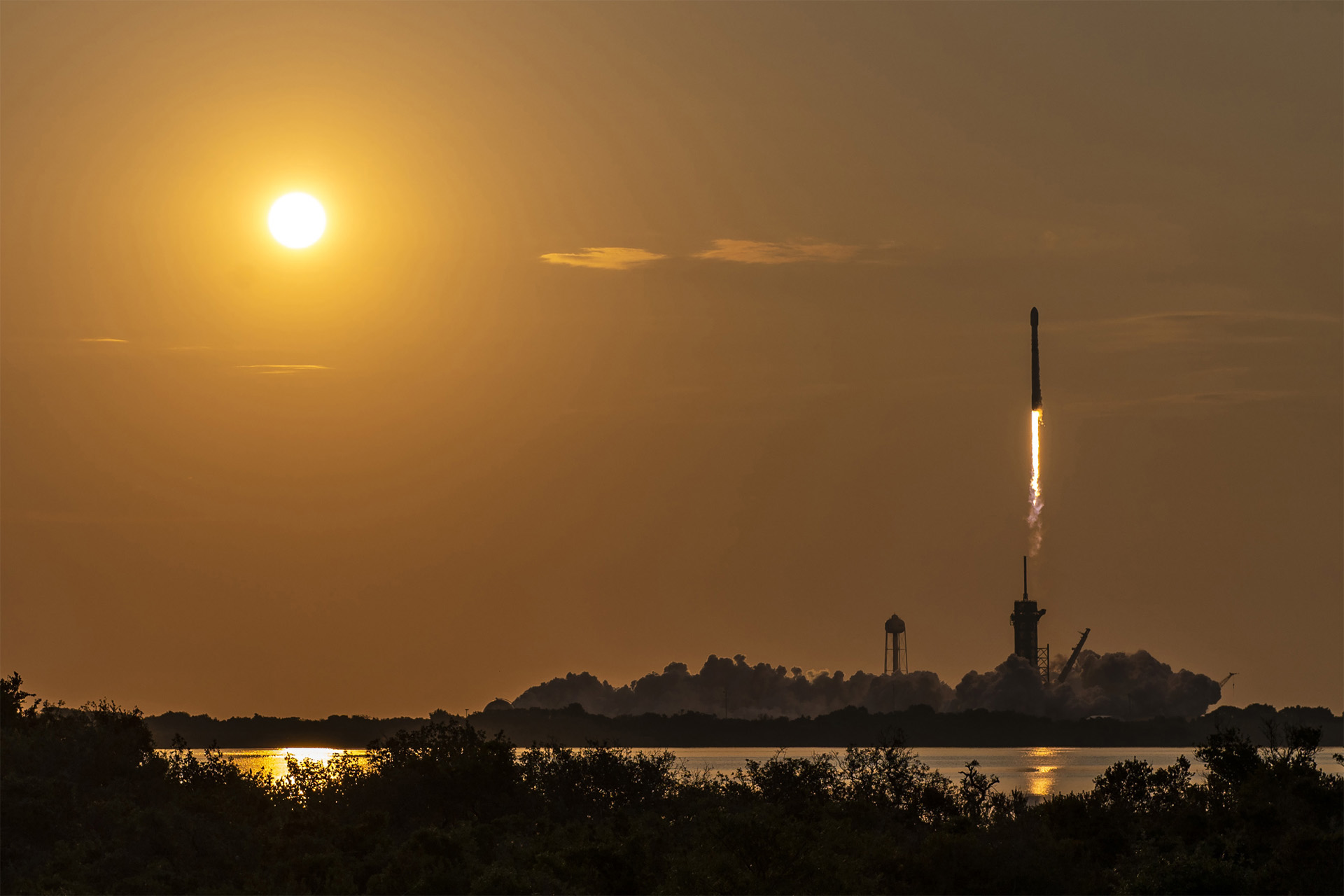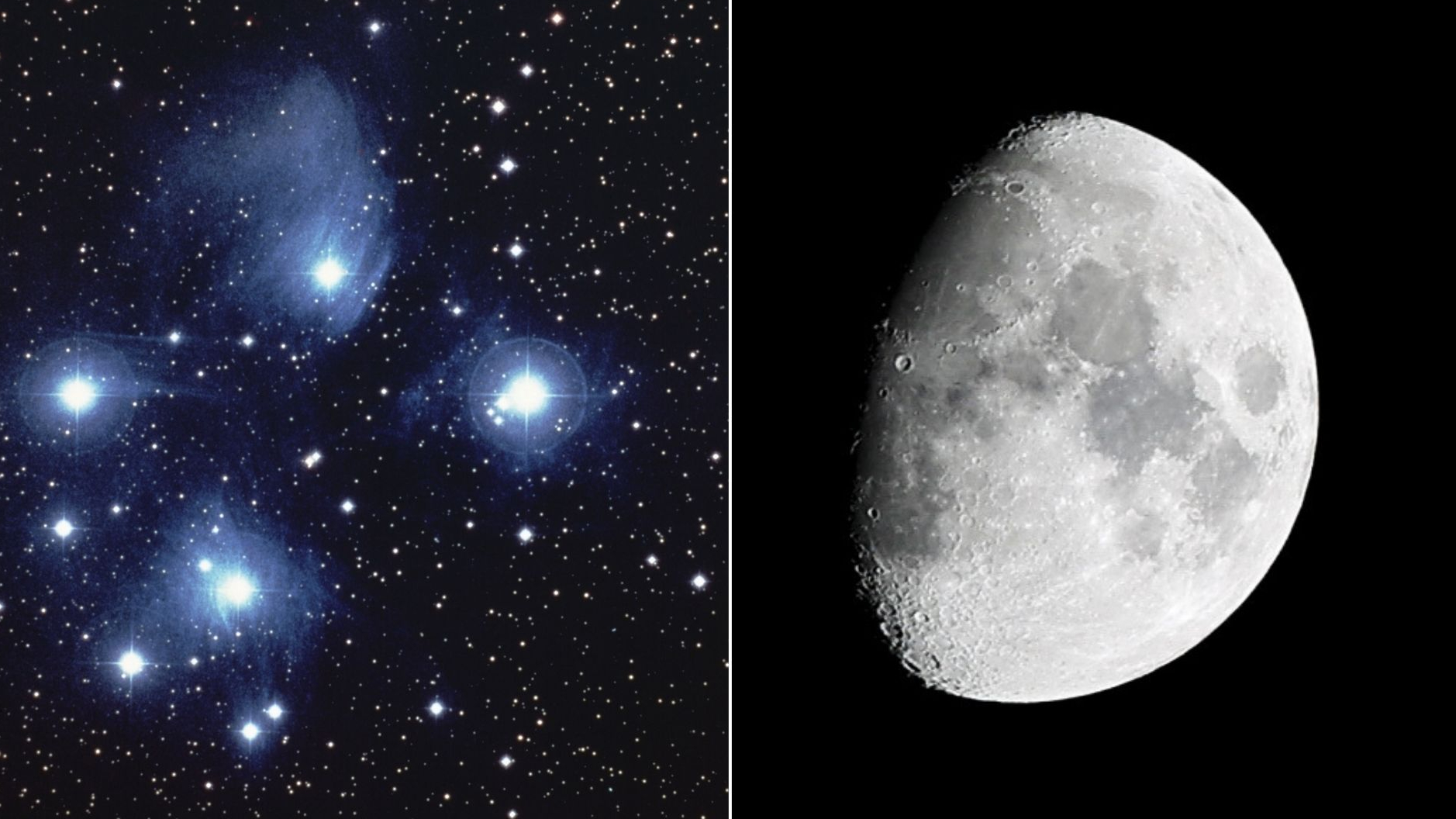New rules needed to fix growing space debris problem, FCC says
'We believe the new space age needs new rules,' the commission said two years after its last major update.

It's time to modernize the fight against space junk, U.S. regulators say.
The Federal Communications Commission (FCC) is pledging to update the rules it enacted just two years ago to address space debris, with a new focus on in-space servicing assembly and manufacturing (ISAM) risks and opportunities.
"We believe the new space age needs new rules," FCC chair Jessica Rosenworcel said in an Aug. 5 statement. Existing regulations, she added, were generally "designed for a time when going to space was astronomically expensive and limited to the prowess of our political superpowers."
Rosenworcel pointed out that megaconstellations and crowdfunded satellites were not possible in the 1950s when space exploration first began. That said, the new push piggybacks off a similar space debris effort that the FCC publicized much more recently, in 2020.
Related: The Kessler Syndrome and the space debris problem
That 2020 update was said to be the most comprehensive revision to space debris rules in more than 15 years, tackling regulations for U.S. satellite applicants to disclose collision risk, the probability of safe disposal and possible casualty risk, among other measures.
This time around, the FCC has increased discussion around ISAM capabilities that may add to or help address the thousands of pieces of junk clustering in Earth's orbit, depending on the situation.
Breaking space news, the latest updates on rocket launches, skywatching events and more!
The FCC says ISAM may be able to assist emerging technology in satellite refueling, fixing old spacecraft, debris capture or repurposing old satellites. But it warns that making things in space may generate debris on its own, saying the matter requires more discussion and, down the line, enforcement of a set of rules.
"It's crucial that, as we consider crafting orbital debris mitigation rules for U.S satellite service providers, that we ensure the same or similar obligations apply to ISAM providers and other space operators," FCC Commissioner Nathan Simington said a different Aug. 5 statement.
Space junk has featured in a lot of news coverage in recent months, particularly in relation to a Russian anti-satellite test in November 2021 that generated a new plume of debris that has since generated "squalls" of close encounters in orbit.
Meanwhile, SpaceX has received criticism for the orbital debris risk presented by its fast-growing Starlink constellation, although the company maintains that its satellites can maneuver autonomously to avoid collisions.
Follow Elizabeth Howell on Twitter @howellspace. Follow us on Twitter @Spacedotcom or on Facebook.

Elizabeth Howell (she/her), Ph.D., was a staff writer in the spaceflight channel between 2022 and 2024 specializing in Canadian space news. She was contributing writer for Space.com for 10 years from 2012 to 2024. Elizabeth's reporting includes multiple exclusives with the White House, leading world coverage about a lost-and-found space tomato on the International Space Station, witnessing five human spaceflight launches on two continents, flying parabolic, working inside a spacesuit, and participating in a simulated Mars mission. Her latest book, "Why Am I Taller?" (ECW Press, 2022) is co-written with astronaut Dave Williams.
